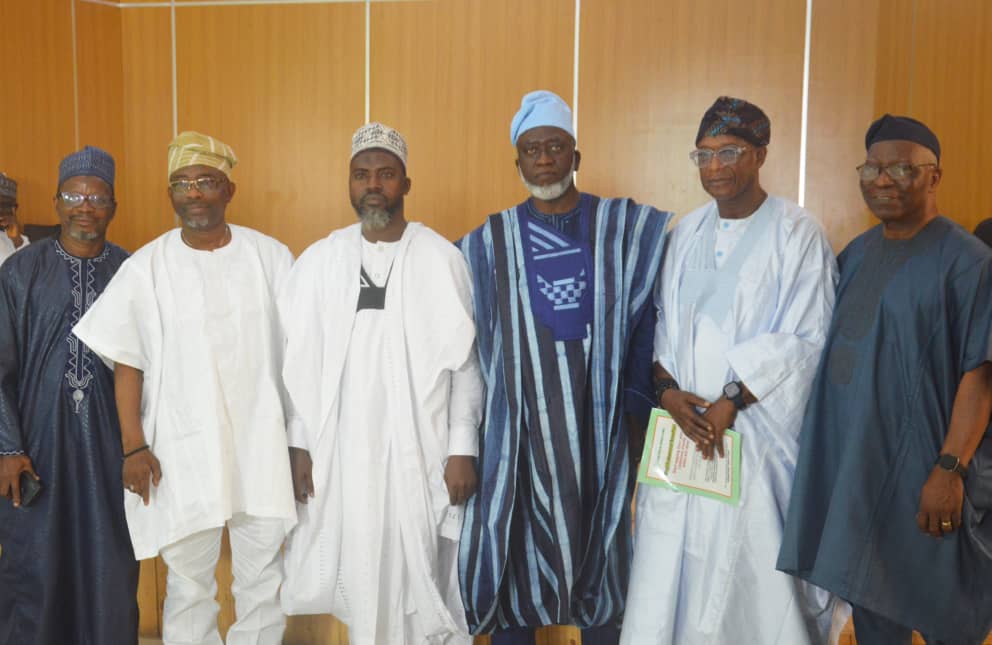The Attorney General and Commissioner for Justice in Lagos State, Lawal Pedro, has emphasised that the state is familiar with the establishment and operation of Sharia courts.
Pedro, a Senior Advocate of Nigeria, confirmed that there is already a Sharia court in place operating within the state’s legal framework.
He made this statement during a discussion with newsmen at the Lekki Muslim Ummah Quarterly Da’awah workshop, themed “Will and Inheritance.”
The Chief Imam of Lekki Muslim Ummah (LEMU), Imam Ridwan Jamiu, had earlier highlighted the necessity of Sharia courts in Lagos, citing Section 22 (3) of the Customary Law of Lagos State.
This section states, “The commission may designate a court to adjudicate on Islamic law and matters related to marriage, divorce, custody and inheritance as it deems fit.”
The attorney general, who was the guest of honour at the workshop, indicated that while the state has laws supporting the establishment of Sharia courts, implementation has been delayed.
He noted that more courts would have been designated as Sharia courts if not for the disruption caused by the #EndSARS protests in 2020, which led to the destruction of some courts.
Pedro stated, “It’s nothing new to us. We already have a law in place, and we are in the process of implementing and expanding it to better serve our Muslim population.”
He also addressed the issue of inheritance, explaining that Islamic law provides a clear framework for wealth distribution. “Islam simplifies the matter of wealth distribution. A Muslim does not die intestate; their assets have been pre-determined by Allah,” Pedro said.
Engr. Ibrahim Akiode, Vice-President of LEMU, announced that the organisation would soon begin offering inheritance administration services. These services will assist Muslims in implementing Islamic inheritance laws and will be available on a subscription basis.
Akiode emphasised that adhering to these laws is both a religious duty and a means of ensuring fairness and preventing disputes.
He said, “The Islamic laws of inheritance are not merely legal obligations—they are acts of worship. By adhering to these divine commands, we earn the pleasure of Allah and safeguard our families from discord and injustice. It is a duty upon every Muslim to understand these laws, to implement them in their lives, and to ensure that their legacy is one of righteousness and fairness.”
The Chief Imam of LEMU in his lecture titled, ‘Estate Planning and Administration in Islam’ said, “Succession has always posed many social challenges. Proper planning is necessary since death is a reality and unavoidable.”
He highlighted the benefits of estate planning including giving ability to take full inventory of assets and liabilities; it helps in making informed decisions about distribution and management of wealth; it minimises the risk of disputes and litigation in inheritance and it facilitates protection of wealth by ensuring that wealth is placed in the control of the right person (appointment of executors, trustees and power of attorney).

 Join Daily Trust WhatsApp Community For Quick Access To News and Happenings Around You.
Join Daily Trust WhatsApp Community For Quick Access To News and Happenings Around You.

